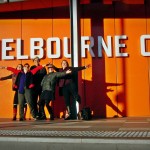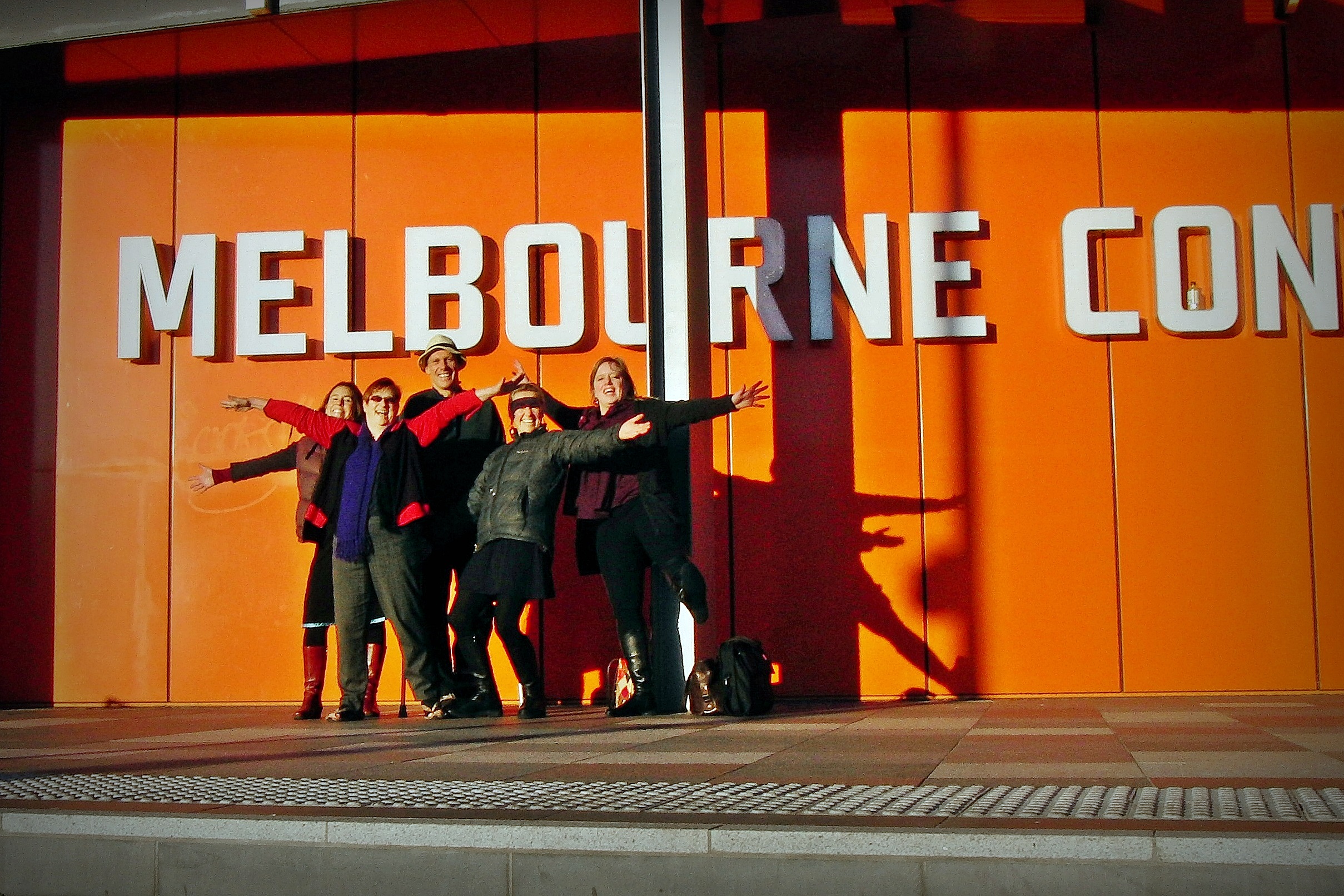The 2013 Happiness and it’s Causes Conference was completely inspiring. I can honestly say that every speaker, whether they were a statistician, cartoonist or psychiatrist, made me think. Not once did I feel like nodding off and compared to some of the Rail/ Transportation and Oil and Gas conferences I have been to in the past, the Happiness attendees were an eclectic mix of beautifully intelligent people.
statistician, cartoonist or psychiatrist, made me think. Not once did I feel like nodding off and compared to some of the Rail/ Transportation and Oil and Gas conferences I have been to in the past, the Happiness attendees were an eclectic mix of beautifully intelligent people.
The Dali Lama was impressive and I still can’t believe I got to hear him speak twice in seven days. He spoke to a packed out Dunedin Town Hall and was the keynote speaker at the Happiness Conference. I’m not particularly religious, however I really enjoyed his simple message- if we focus on the ‘sameness’ between humans the ‘difference gap’ will become smaller.
Below is a summary of two of my top four speakers and links to some of their online presentations (I’ll post the summary of the other two next month).
Dr Adam Fraser explains The Third Space
Dr Adam Fraser is a leading educator and researcher on human performance; author: The Third Space: Using Life’s Little Transitions to Find Balance and Happiness. Adam believes resilience is absolutely critical because there is so much change and uncertainty in business and life right now.
Adaptability is vital and it’s not what you do, it’s what you do in between the stiff you do that will create balance, happiness and performance. In between events we need to take the time to:
1 Reflect: On how the last event went
2 Rest: Shower, walk, sit (whatever gets you relaxed)
3 Reset: Choose how you will show up to the next event
Art of Acceptance – Dr Russ Harris & The Reality Slap
Dr Russ Harris is a medical practitioner, psychotherapist, internationally-renowned Acceptance Commitment Therapy trainer; best-selling author: The Happiness Trap and The Reality Slap. With love comes pain, and pain creates a rich and meaningful life.
Russ talked about how we set ourselves up by creating a reality gap which is the distance between what we think life is going to be like and how it actually is. When it all does go wrong he suggests:
1. Hold yourself kindly and acknowledge your full range of emotions
2. Drop an anchor in the storm – take control, get back to basics and protect yourself
3. Take a stand – when we are ready, we need to acknowledge that we can’t change the past, however, we can change how we are going to respond
4. Find the treasure – work out what the gift is, did you learn something or discover something that you didn’t know before?
These speakers combined with a trip up the Yarra Valley to discover some of Australia’s finest vineyards (Chandon, Oxford Landing etc) meant my trip to Melbourne was outstanding and caused lots of happiness!
